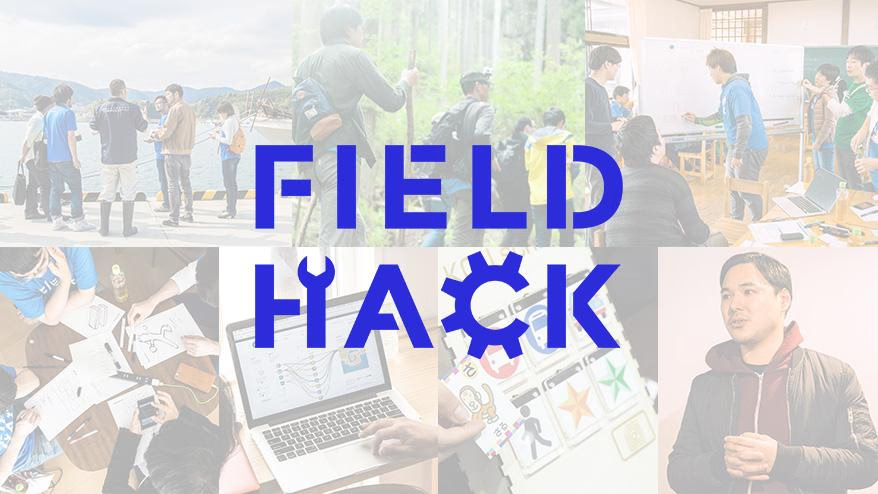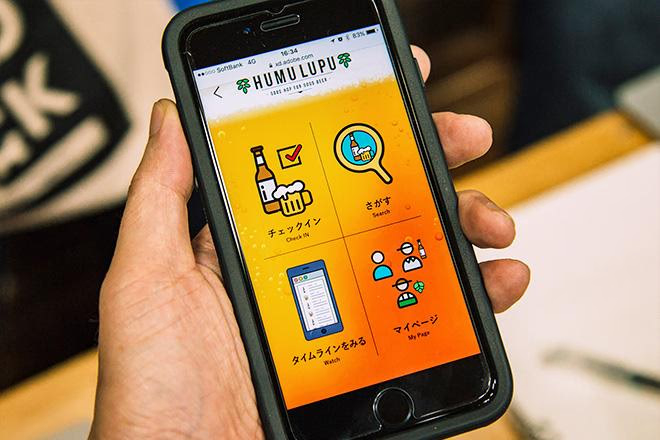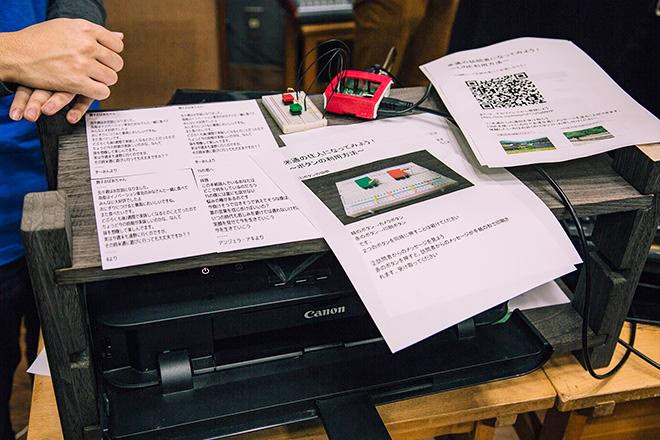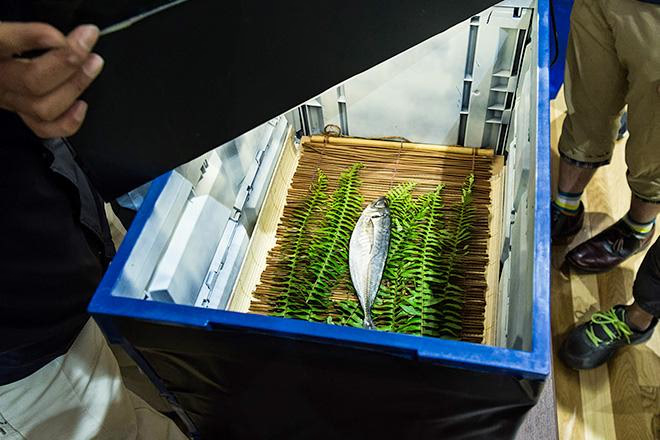The next Field Hack will be held in Yosano Town, Kyoto Prefecture, for the first time in Western Japan! And while Monosus has mainly been involved in the management of the event up until now, from the third Field Hack, we will be joining as an organizing organization.
Uehara from the Production Department, who has been involved since the event's inception and will be the person in charge of Field Hack from now on, would like to write about why he is involved as an organizer and what kind of event he wants to make it.

Field Hack The 3rd Field Hack YOSANO is currently accepting pre-registrations.
First of all, what is Field Hack?
Field Hack is an event where teams of people with the skills necessary for prototype development (engineering, design, project management) use technology to tackle a theme set in the local area.
I think the unique feature of this event is that participants actually visit the local area and can take part in it with low risk.
Visiting the local area
Each region has its own way of using technology that suits it. To find the best way to use technology and its potential, it is necessary to experience the theme of hacking the region. In Field Hack, participants will conduct fieldwork and dialogue with local collaborators over a two-day period.
I believe that only by experiencing the region and the theme being hacked can we bridge the gap between the potential of the theme and what technology can do.
In addition, when conceiving a prototype, when it is created from scratch, both the participants and the local community need to share and agree on the image, and in order to ensure the subsequent development period (which is basically carried out remotely) proceeds smoothly, careful fine-tuning offline is necessary.
If we can do this properly, I believe it will naturally lead to the creation of prototypes that can truly bring about change in the local community, not in the short term, but in the medium to long term.
It may be a small change, but I think the best part of Field Hack is that it is an event where you can delve into the potential and challenges facing the region and experience the moment when technology meets them.
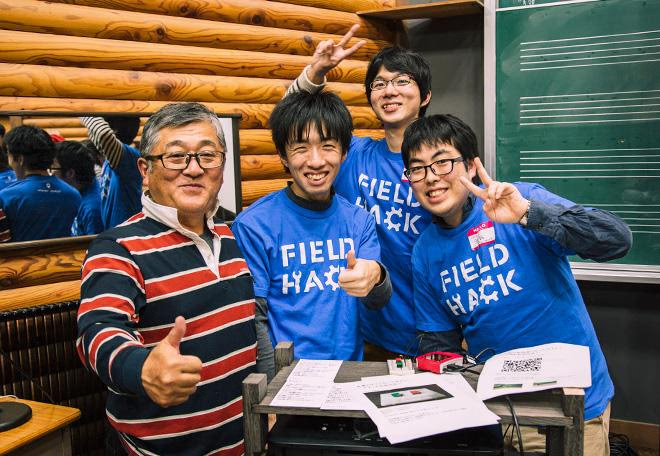
A photo of the UTech team and local residents who participated in the 2nd Field Hack TONO. They successfully incorporated the perspectives of both the local and urban areas of " Yonetsu Post " and developed a prototype that transcends the boundaries between digital and analog.
Participants can take on the challenge with low risk
Field Hack is attended by people who have the same aspirations as they want to return to their hometowns in the future, want to work in the local area, or are considering getting involved in the local community as a company, and I think it is a trial run for them towards that future.
Being involved in a community is not just about moving to a place and being active there. I myself have had some doubts about the idea that you have to move there and get deeply involved in a community. There are things you can start doing without changing your family, your home, or your lifestyle.
You can participate without putting too much strain on your life, and with the feeling that you are experiencing multi-location living. In that sense, I think it's an event that you can participate in casually.
Why Monosus is participating as an organizer
However, in past Field Hacks, there have been many Field Hackers who have continued to visit the area even after the event. Basically, development after the event is left to the participants and the area, but some continue to develop prototypes over time, visiting the area when there are updates to try them out, and some continue to visit because they are attracted to the area in the first place. Although we have discussed the next development plan, we are working on it in between our daily work, so of course there are times when we naturally stop continuing.
What to do with the prototype after the event? I don't think there is any right or wrong to it.
At the same time, after holding the first and second events, we felt that there was a challenge for us as the organizers to support participants in taking their goals from 1 to 100 when they thought, "We want to move towards implementation together as a community and as participants!", and to put in place a system to do so.
An example of a prototype that has been developed so far.
When Monosus decided to participate as the organizing organization this time, new possibilities began to emerge.
Monosus has a satellite office in Kamiyama Town, Tokushima Prefecture, and is also involved in a food hub project that involves the town. Although the regions are different, we believe that we can utilize our perspective as a local community and our knowledge of how to proceed. When we look at things from region to region, we want to take on the challenge of finding general support and creating synergies.
Monosus is also still exploring how to plug its core business of web and technology into local areas in a way that suits each area. There is sometimes a gap in the use of technology between rural and urban areas. This does not mean that technology is not needed in rural areas, but rather that the way to use it in a local way has not yet been established.
Field Hack connects people who are in trouble in their local community with people who want to try something interesting using technology, allowing them to discover new possibilities.
Using the hints we get from Field Hack, we will develop ways to connect technology with the local community through repeated trial and error, which I believe is our mission as a company with a base in both urban and local areas.
The mission is to serve as a catalyst for returning the skills and technology of human resources currently concentrated in urban areas to the whole of Japan, so that one day products that take root in the local area will be born and the combination of local area and technology will become a single trend that forms a movement called "Hack the Field."
It may be a distant future, but I imagine it could actually become a reality sooner than we think. I hope that this Yosano Town project will be a step towards making this challenge a reality.
